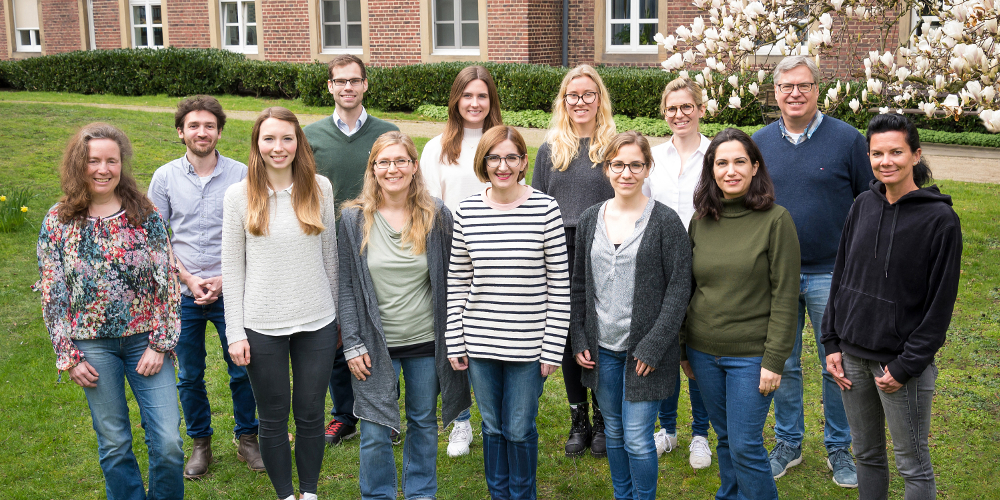

Group members
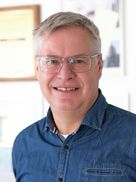
Prof. Dr. rer. nat. Jörg Gromoll
Group leader
Tel.: +49 (0)251 83 5447
E-Mail: Jörg Gromoll
ResearchGate
About me
My group is striving to investigate the complex regulation of spermatogenesis by studying distant factors such as hormones and/or immediate factors regulating the germ –cell niche. This essential interplay of factors is required to obtain a quantitative and qualitative normal spermatogenesis or if dysregulated results in impaired spermatogenesis. We are approaching the regulation of spermatogenesis at different physiological and molecular levels using state-of the art techniques. I am a biologist by training with a great interest in deciphering genetic, epigenetic and endocrine causes for male infertility. These causes are studied at different phases of life starting from puberty and ranging into advanced age. Understanding impaired spermatogenesis allows by the same token developing treatment regimens for infertile men, another topic which is integral part of my research activities.
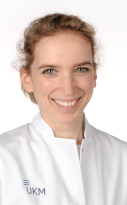
Dr. med. Simone Bier
Urologist
Tel.: +49 (0)251 83 54806
E-Mail: Simone Bier
About me
I am an urologist, currently further specializing in the field of andrology. In this context, I see many patients with a testosterone deficit and associated comorbidities. Surplus, I treat infertility in male patients with child-wish. Particularly in male patients with azoospermia, I perform microsurgical testicular sperm extraction to enable artificial insemination. My research work is focused on the relationship between aging and transformation of hormonal levels, blood values and state of health, as well as quality of life. Furthermore, my research includes the evaluation of the quality and stability of cryopreserved sperm.
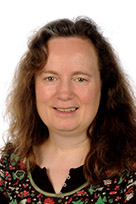
Lisa Lahrmann
MTA
Tel.: +49 (0)251 83 58651
E-Mail: Lisa Lahrmann
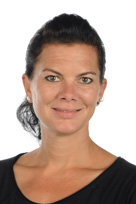
Nicole Terwort
MTA
Tel.: +49 (0)251 83 58654
E-Mail: Nicole Terwort
ResearchGate

